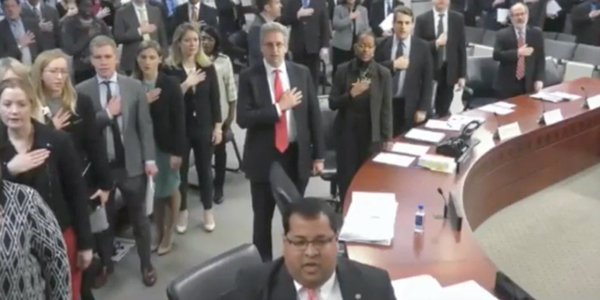FERC to Furlough Most Employees in Govt. Shutdown
Jan 21, 2018
|
FERC will furlough all but 49 of its 1,465 employees if it runs out of money due to a prolonged federal government shutdown



